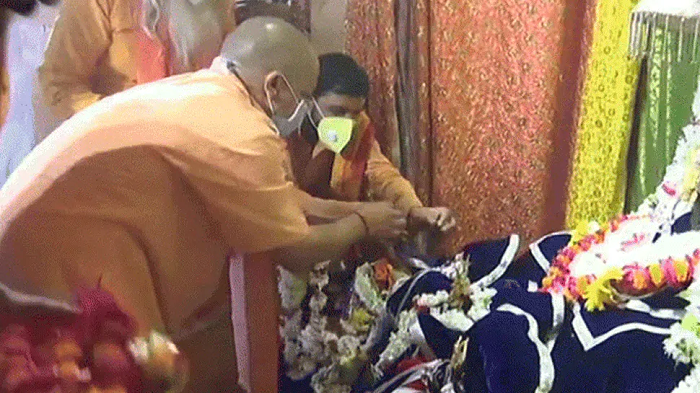
The tripping of the 400 KV Bina-Gwalior line, which flows into Agra-Bareilly at 2.35 a.m. wreaked havoc on the power generation and transmission systems leading to shut down of all major power plants including hydro power stations in the States of Punjab, Haryana, Rajasthan, Delhi, Uttrakhand, Himachal Pradesh, Jammu and Kashmir and the Union Territory of Chandigarh, which are all a part of the Northern Grid.
The immediate impact of the grid collapse was the shortage of around 32,000 MW of power. The last such collapse of the Northern Grid, which caters to around 28 per cent of the country’s population, took place in 2001. India currently faces around 8 to 12 per cent peak power deficit, according to the Central Electricity Authority (CEA).
The massive shutdown had a crippling effect on inter-state passenger and goods trains that came to a screeching halt. Early morning office goers and school children had a harrowing time as traffic signals went on the blink leading to traffic chaos in the affected States including the Capital Delhi.
Hospitals too had to scurry around for alternatives and back up supply. A majority of the hospitals claimed to have alternate supply arrangements, yet reports of services being disrupted trickled in from several places.
Operations at the major oil refineries in Panipat, Mathura and Bhatinda remained unaffected as these facilities have their own captive power plants and do not rely on the grid for supply.
While Power Minister, Sushil Kumar Shinde said he could not pin point the exact reason for the collapse, PGCIL and Northern Region Load Despatch Centre officials said that it was rampant overdrawal by Uttar Pradesh, Punjab and Haryana that led to the collapse that in turn paralysed services.
The last time the grid collapse occurred was in 2001, it has happened now after 10 years. At that time, the power breakdown took place at midnight and normalcy was restored by 4.30 pm.
PGCIL chairman and managing director, R.N. Nayak said the situation had been restored to normal by 4 pm. The Northern grid was generating around 29000 MW of power by late evening, which was about 2000 MW of the peak demand.
Hit by the sudden collapse of the grid system, the Power Grid Corporation of India Limited (PGCIL) officials swung into action with Mr. Nayak and his team of officials reaching their monitoring centre at 3 a.m. to assess the situation and work on a rescue package. By 8 a.m., PGCIL officials claimed to have restored around 40 per cent of power.
To run essential services, supply was diverted from the Western and Eastern Grids to the Northern region. Hydro power was also imported from the mountain kingdom of Bhutan to meet the deficit.
While he could not offer an explanation on what caused the collapse, Mr. Nayak said the agencies involved were at least “quick at restoring normalcy in a record time”.





Comments
Add new comment